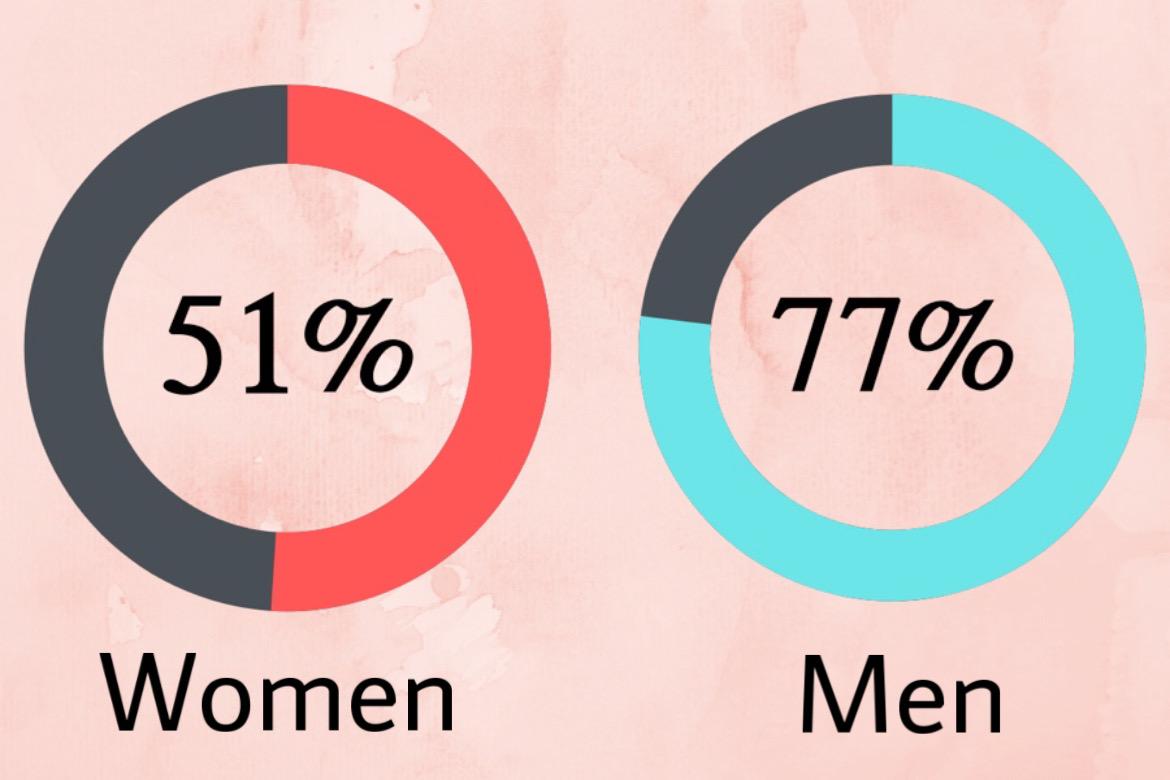Today we're going to talk about cohabitation in Korea, a topic that is still controversial.
The Korean term for living with another person is donggeo (동거).
Let's look at some opinions and statistics and look more in depth at cohabitation culture in Korea.
Cohabitation In Korea

Let's first look at a survey taken by the Korea Institute of Health and Social Affairs conducted in 2019 of 1,190 men and 1,324 women between the ages of 20 and 44, all of whom were unmarried.
More than 51% of single women agreed to cohabitating, a number that is up sharply from 2015.
However, this rate decreased when referring to the concept of cohabitating without plans for future marriage.
52.3% of women were opposed to cohabitation without serious intent of getting married.

Meanwhile, single men had a positive view of cohabitation whether marriage was the end goal or not.
Over 77% of men who participated in the survey said they would live with their partners before getting married, with 56.6% were in favor of cohabitation without necessarily intending on getting married.
The report said that "the gap between men and women in terms of views on cohabitating shows that today's society still has many negative views about cohabitating without the purpose of marriage, with women facing more challenges and prejudice than men".
Why Koreans Are Cohabitating More Often
1. To Test Compatibility

When you first fall in love, things are great and arguments rarely occur, if at all, but there are many young couples who divorce not long after getting married because their personalities don't mesh well.
To try to prevent this problem from arising, more young Koreans are considering cohabitation prior to getting married an important and necessary step in the relationship.
Only after living together for some time can people fully understand each other's bad habits and pet peeves and decide if it's worth trying to adjust for the other, or move on.
In addition, divorce is considered a big deal and not exactly a good thing, whereas dating and living together then breaking up due to incompatibility is pretty normal and acceptable by society's standards.
2. Economic Burden

In Korea, it is a common standard to be a homeowner before getting married, but house prices are rising day by day, making it more difficult for young people.
In 2020, the average income of a 4-person household in Seoul was about 57 million won per year, but the average price of an apartment is more than 900 million won.

Additionally, the cost of organizing a wedding is also very expensive, with the cheapest being around 15-20 million won.
Because of this, many couples choose to live together in cheaper rentals for a while before getting married to save money and also reduce pressure on one another.
Evolution Of Cohabitation
Long Term Contracts

Currently, there are an estimated 2,000 to 3,000 groups online dedicated to cohabitation discussion.
Of course there are many who see it as a way to find their life partner, but some men and women aim to simply solve their sexual desires.
This is considered a variation of the meaning of cohabitation, leading to many social problems.
These days, it's not just men who are rich enough to afford the living expenses of two people, there are many wealthy single women as well.
Because of this, 애완남 (literally, pet man) has become a thing, meaning unemployed young men live with rich women and are given a salary in exchange for doing household chores such as cooking and laundry.
Cohabitation has evolved as a profession, or worse, as an environment for buying sex, causing many people to have bad perceptions of it.
What do you think about cohabitation in Korea?
How is it different from where you live?
Let us know in the comments!




